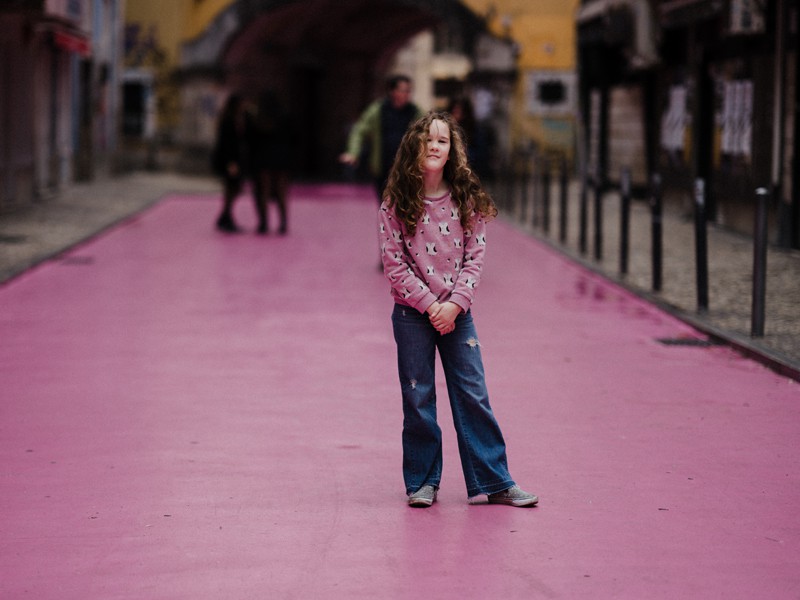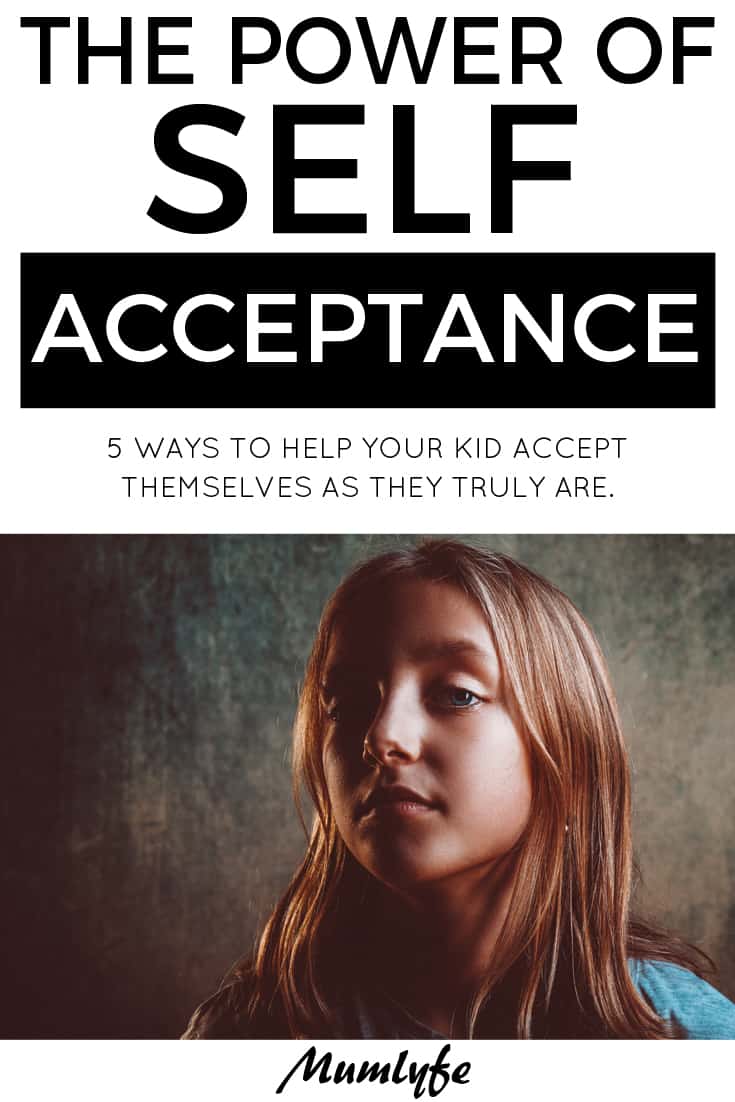I am a firm believer in the importance of self awareness and self acceptance. Of understanding, knowing and believing in who we are as individuals.
Years ago, I chanced upon the HBO documentary, ‘Suited’. Produced by a team led by Lena Dunham, it introducesBindle & Keep, a Brooklyn-based microbusiness carefully tailoring handmade suits for gender-nonconforming and transgender clients.
It’s abeautifuldocumentary “about custom suits, accepting difference and living bravely in one’s own skin.”
Hours earlier I listened to Emilie Wapnick ofPuttylike speak about how she has embracedmultipotentiality; discarding societal expectation that she specialise in her career, her interests, her life, she espouses an existence filled with many passions and creative pursuits. Don’t be pummelled into one thing; enjoy everything, she says.
Buck the system. Live bravely in your own skin.
I am no multipotentialite in the psychological sense (educational psychologists refer to multipotentiality as ‘a state of having many exceptional talents’) but I am a firm believer in the importance of self awareness and self acceptance. Of understanding, knowing and believing in who we are as individuals.
Self acceptance and human difference
We each mark a place on a thousand spectra of human difference; our looks, our interests, our abilities, our interests, our values, our biases, our likes, our tastes, our gender, our sexuality. No two of us are alike and that’s a wonderful, fascinating thing.
In Suited, Rae Tutera and Daniel Friedman from Bindle & Keep understand and celebrate that diversity; listening carefully to the stories of their clients and handcrafting suits that compel self belief, self acceptance, power and potential.
Emilie Wapnick and Puttylike encourage that diversity; reminding us that we have unique and diverse interests, that difference is okay and that we can each find and believe in our individual path to creative fulfillment.
Self acceptance vs self esteem
In many ways, self acceptance provides the building blocks for self esteem. It is much easier to value ourselves and feel worthwhile when we have accepted ourselves, flaws and all. Self acceptance if about not judging ourselves, not having unrealistic expectations of ourselves, and not beating ourselves up when we fail. Self acceptance is fundamentally about being kind to ourselves and having self compassion.
A great way to introduce the topic with your kids is via The Greatest Showman song ‘This Is Me’. This big, beautiful song is all about self acceptance.
I am who I’m meant to be, this is me
Look out ’cause here I come
And I’m marching on to the beat I drum
I’m not scared to be seen
I make no apologies, this is me
Steps to self acceptance
Working on self acceptance during the adolescent years will greatly help our kids hold their own. Here are five ways to help your kids cultivate self acceptance.
1. Play to our strengths.
A strengths-based parenting approach focuses on what a child does well, rather than what they need to improve on. Especially helpful for breaking the comparison habit that our teens are prone to fall into. Instead, flip the focus from what others are doing that they need to catch up with, to what they are already doing very well. The more we emphasise the things our kids are good at, the less emphasis we are giving to things that make them feel inferior.
More on this: 5 strengths-based parenting tips to help you focus on the good

2. Explore friendships.
Friendships can be complicated for kids and adolescents as they figure out their boundaries. Some friendships are not always friendly and can be detrimental to developing self acceptance and self worth. A good way to evaluate the quality of friendships is to ask yourself:
• Does my friend treat me well?
• Can I say what I really feel when I’m with this friend?
• Do I feel good about myself after we have spent time together?
• Do I like myself when I am with this person?
3. Learn to be vulnerable.
This is a tricky one for adolescents, a time of great self-consciousness and resulting embarrassment. However, in learning to be vulnerable – to accept the embarrassments and realise they aren’t the end of the world – we can increase our propensity to truly be ourselves around others. To say what we really think, to express how we really feel, to participate fully in our own lives. Self acceptance can only grown by offering our true selves to the world. Mistakes are not bad or wrong, they are a pathway to learning.
This should help: 10 ways to build resilience to help kids cope with life
4. Accept the things we can’t control.
Self acceptance is not about self resignation. We still strive to improve, overcome and polish. However, self acceptance is very much about realising that there will always be parts of us that we cannot change, and putting our energy that way serves no purpose. Learning to jump the hurdles, not make them bigger, is the only way forward.
5. Work on the things we can.
A nice short cut towards self acceptance ironically lies in self-improvement. When we are striving to improve ourselves (within reason – see all points above), we feel hopeful and optimistic. Talk to your kid about building on their strengths and working towards some simple goals for self-improvement. This helps them learn that the best version of ourselves is worth knowing and working hard for.
How is your own self acceptance these days?

Feature image by Janko Ferlič 2. by Annie Spratt


Alicia Ortego
Tuesday 5th of October 2021
Being able to accept yourself for who you really are is as important as accepting other people with all their differences. If I can I would like to add something. I have written a book about acceptance for kids and their parents. You can check it out here https://aliciaortego.com/acceptance-is-my-superpower/.
There's nothing average about being average | Mumlyfe
Tuesday 20th of August 2019
[…] More here: 5 ways to teach kids the power of self-acceptance […]
A simple way to think about friendships | Mumlyfe
Sunday 5th of May 2019
[…] This might help: 5 ways to teach kids the power of self-acceptance […]
ibrahim
Tuesday 9th of April 2019
A valuable article